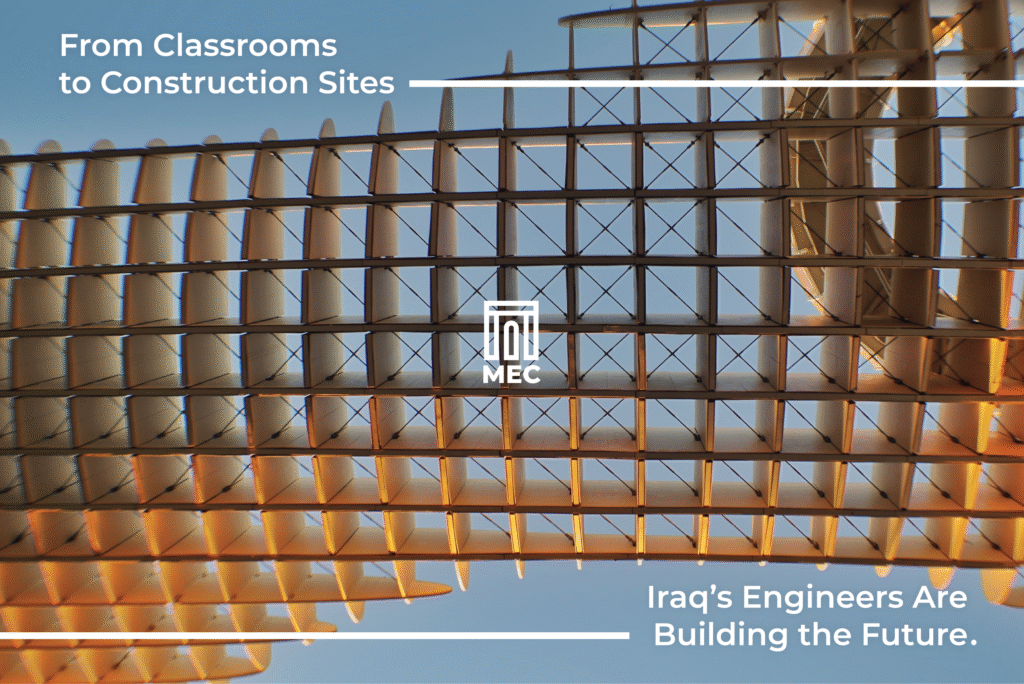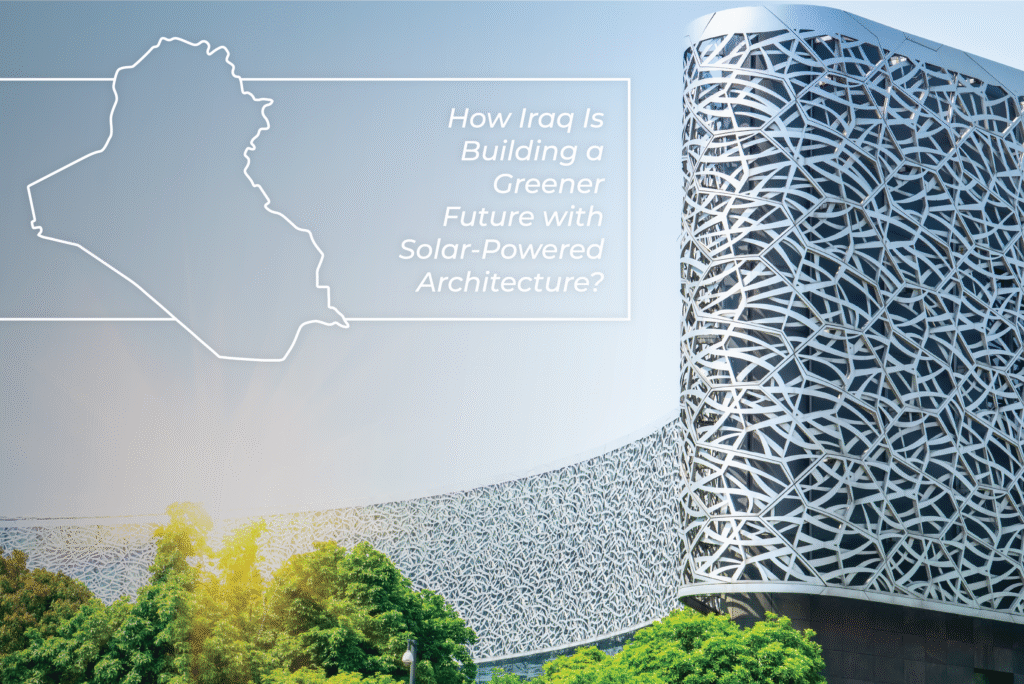As Iraq rebuilds and modernizes, one discipline plays a crucial role in shaping the nation’s future: structural engineering. Often operating behind the scenes, structural engineers are the ones who turn ambitious designs into real-world structures that last.
In this guide, we explore how structural engineering is evolving in Iraq, the role of education and innovation, and why this field is becoming a backbone of national development.
Why Structural Engineering Matters
More Than Just Concrete and Steel
Structural engineering is the science of ensuring that buildings, bridges, and infrastructure are not only visually impressive—but also safe, durable, and sustainable. It blends creativity with precision, applying physics, materials science, and math to real-world problems.
A Critical Foundation for Urban Growth
With Iraq entering a new era of reconstruction and expansion, structural engineering is no longer optional—it’s essential. Every road, high-rise, and hospital relies on the expertise of structural engineers to ensure it stands the test of time.
Iraq’s Growing Demand for Structural Expertise
Urbanization and Reconstruction Drive Demand
The rapid development across cities like Baghdad, Mosul, and Basra has created a pressing need for modern infrastructure. Structural engineers are at the center of this transformation, guiding projects from concept to completion.
Global Standards, Local Challenges
Today’s engineers must meet international safety and sustainability benchmarks while adapting to Iraq’s unique climate, soil conditions, and resource constraints. This requires a new breed of professionals—well-trained, flexible, and future-ready.
Education and Innovation Are Fueling Progress
Universities Leading the Way
Institutions such as Al-Mustaqbal University and Northern Technical University are investing in next-generation engineering education. Their programs focus on both theory and hands-on experience, covering areas like:
- Structural analysis
- Modern construction materials
- Earthquake-resistant design
- Smart building techniques
Bridging the Gap Between Classroom and Site
Students aren’t just learning from textbooks—they’re engaging with real-world problems. Lab work, field training, and partnerships with construction firms are helping bridge the gap between academic knowledge and practical application.
Sustainability and Innovation in Structural Design
A Shift Toward Green Building
Iraqi engineering firms are increasingly incorporating sustainable practices, using eco-friendly materials and energy-efficient construction techniques. This not only aligns with global trends—but also addresses Iraq’s environmental and energy concerns.
Technology-Driven Solutions
From 3D modeling software to prefabrication and drone-based site surveys, innovation is reshaping how engineers design and execute complex projects. These tools enhance accuracy, save time, and reduce waste.
The Road Ahead: Engineering Iraq’s Future
Structural engineering is more than just a technical profession—it’s a strategic asset for national progress. The engineers designing Iraq’s bridges and buildings are also shaping its economic and social landscape.
With the right investment in education, innovation, and infrastructure, Iraq has the potential to build not just stronger structures—but a stronger future.
Dubai’s real estate market has long captured the attention of property investors, expats, and first-time buyers alike. Known for its impressive architecture, luxurious lifestyle, and world-class infrastructure, the city offers a wealth of opportunities for those seeking to invest in one of the most dynamic property markets globally. However, navigating Dubai’s real estate laws can seem daunting, particularly for newcomers. This guide will provide you with a comprehensive understanding of key laws and regulations, a step-by-step approach to purchasing property, and actionable insights to avoid common pitfalls.




